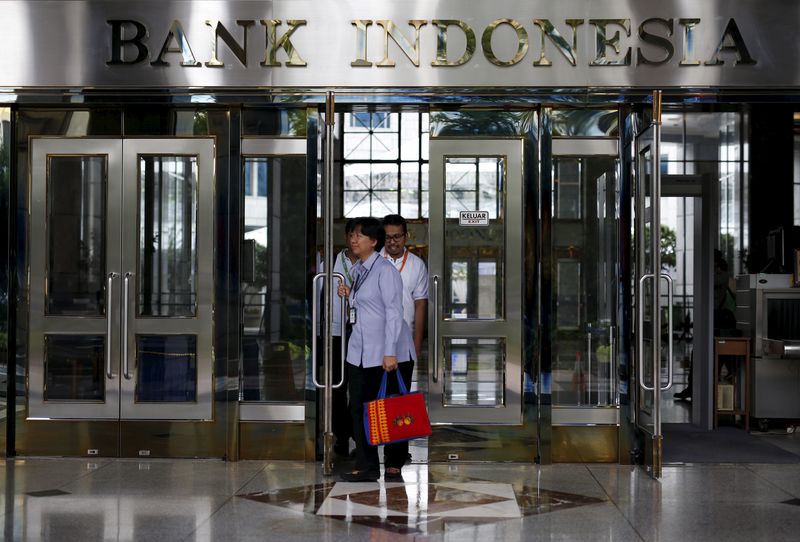AI Sentiment: Bullish
Reason: The article is bullish about Bank Indonesia due to the predicted maintenance of the key interest rate, the Rupiah's strong performance, and expected economic growth. It also highlights potential challenges, but overall it presents a positive outlook.
Economists predict that Bank Indonesia will maintain its key interest rate for the fourth consecutive month in the next policy meeting scheduled this month. This decision is anticipated to prioritize foreign exchange stability, even as pressing domestic factors call for potential easing.
The central bank has held the 7-day reverse repurchase rate at 4.00% since its February meeting, as it has been striving to maintain stability in the Rupiah currency amidst global economic uncertainties. This strategy is aimed at attracting foreign funds and improving Indonesia's current account deficit.
A majority of economists in a recent Reuters poll expected Bank Indonesia to keep its rates on hold. They believe that the central bank would prioritise stability in the currency and capital markets over domestic factors. However, some economists foresee a possible rate cut in the second half of the year, if the Rupiah remains stable and the country's inflation rate stays within the target range.
The Indonesian Rupiah has been one of the better-performing currencies in Asia this year, appreciating by more than 3% against the US dollar. This performance has been driven by higher commodity prices, an improving global economy, and the rollout of COVID-19 vaccines. However, the Rupiah has also been sensitive to changes in global bond yields and the US Federal Reserve's monetary policy.
Indonesia's economy is projected to grow by 4.3% to 5.3% this year, following a 2.07% contraction in 2020 due to the impact of the COVID-19 pandemic. The country's economy, the largest in Southeast Asia, has been showing signs of recovery with the easing of lockdowns and the rollout of vaccination campaigns. Nevertheless, the economic recovery might still face headwinds due to potential resurgence of COVID-19 cases and slow vaccine distribution.
Overall, the country's monetary policy will largely depend on the performance of the Rupiah and global economic conditions. Bank Indonesia will likely continue to balance between maintaining currency stability and supporting domestic economic recovery.




